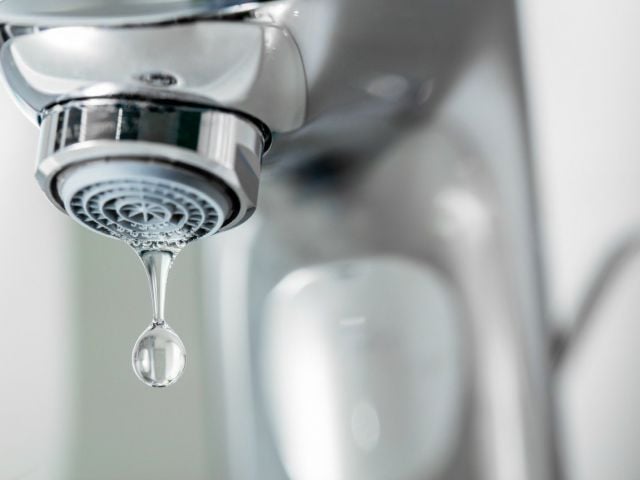Washington, DC – Environmental Working Group and Mercury Policy Project strongly disagree with a federal scientific panel’s recommendation, made public last week, that federal agencies stop warning pregnant women to limit their consumption of high-mercury albacore tuna.
“It is shocking that a committee advising our government on critical public health decisions got this issue so wrong,” Sonya Lunder, senior analyst at EWG, said. “Pregnant women and children should not eat albacore tuna and other fish high in mercury because this heavy metal is toxic to the nervous system and can undermine a child’s development.”
The Obama administration’s Dietary Guidelines Advisory Committee, a panel of independent experts who are helping to shape the U.S. government’s official position on nutrition, said in a scientific report published on Thursday, that all American adults should make seafood a regular part of their diets. In a departure from past principles, it concluded that the benefits of seafood consumption outweigh the risks of contaminants, including mercury.
“The proposed 2015 Dietary Guidelines ignore a substantial body of evidence about the dangers of prenatal mercury exposure,” said Dr. Philippe Grandjean, adjunct professor of environmental health at Harvard School of Public Health. “Study after study has found that children born to women exposed to elevated amounts of mercury during pregnancy suffer deficient brain development and show lower IQs. Such damage can be avoided by choosing fish and shellfish that are low in mercury and high in nutrients.”
“Tuna is responsible for nearly seven times more mercury exposure than the four high-mercury fish that the federal Food and Drug Administration advises pregnant women not to eat,” said Michael Bender, Director of the Mercury Policy Project. “So why would the proposed 2015 Dietary Guidelines recommend that pregnant women eat more of it?
The federal government’s Dietary Guidelines have been issued every five years since 1980. The 2010 edition recommended that pregnant women avoid tilefish, shark, swordfish, and king mackerel and eat species lower in mercury. It said salmon, anchovies, herring, sardines, Pacific oysters, trout and Atlantic and Pacific mackerel were the healthiest options.
In 2014, EWG released a Seafood Calculator and Guide to help people figure out how much seafood is safe to eat, taking into account age, weight and health status. EWG’s guide helps people choose seafood that is low in mercury, high in omega-3 fatty acids and sustainably produced.
“Without clear guidelines about which fish to eat, pregnant women will not benefit from seafood consumption,” Lunder said. “The federal government must advise women to avoid high-mercury fish and seek out varieties rich in omega-3 fatty acids.”
Research shows omega-3s improve adult health by lowering blood cholesterol and triglyceride levels and by reducing blood pressure. Studies also show children born to women who consume omega-3s during pregnancy have higher IQs and improved nervous system development.
EWG’s guide warns that fish like canned light and albacore tuna, halibut, lobster, mahi mahi, and sea bass can be contaminated with too much mercury to be eaten frequently. The group advises pregnant women and children to avoid shark, swordfish, tilefish, king mackerel, marlin, bluefin and bigeye tuna steaks and sushi, and orange roughy.
Before the 2015 Dietary Guidelines are issued in final form, the public can submit comments on the scientific report until early April.



